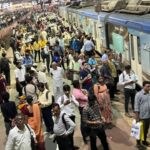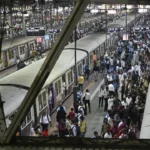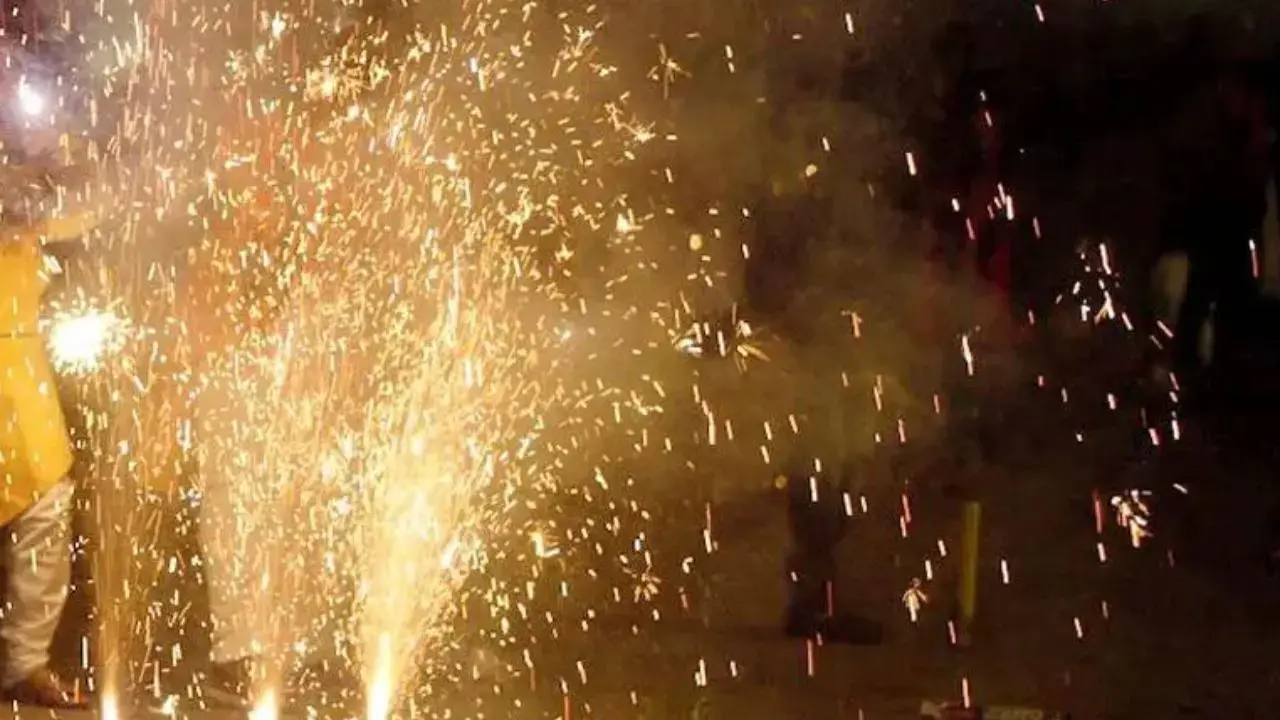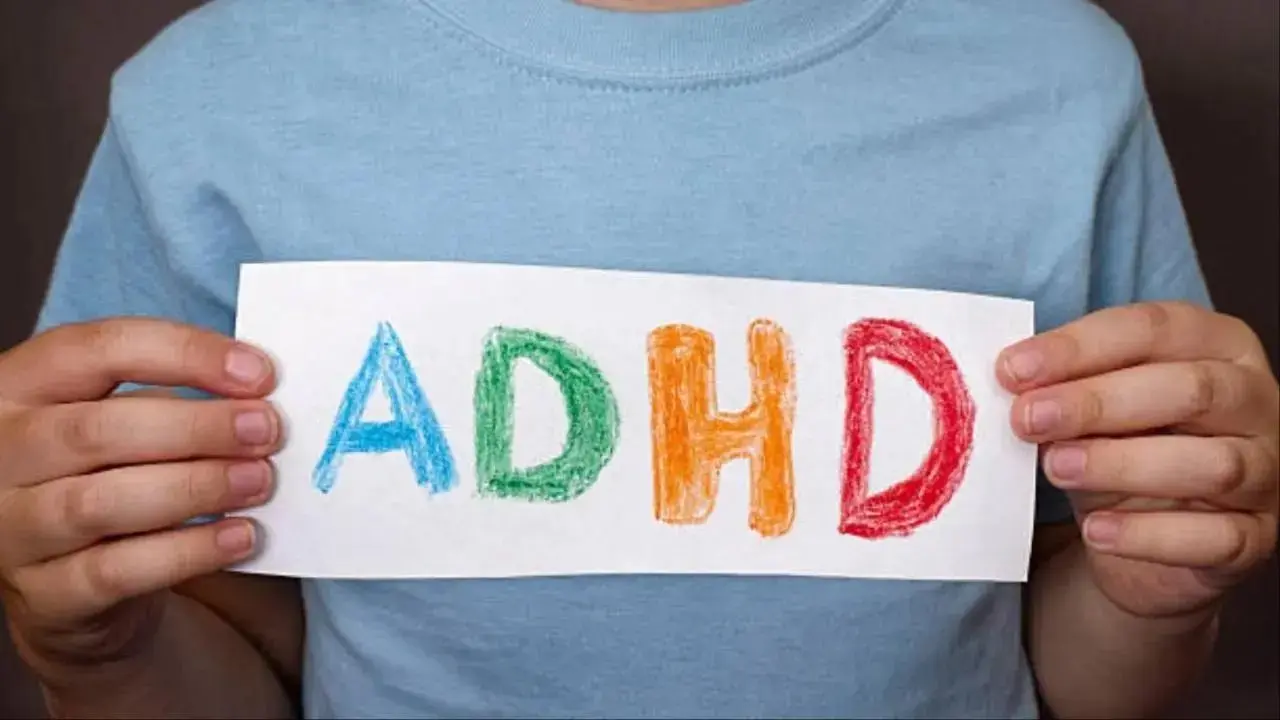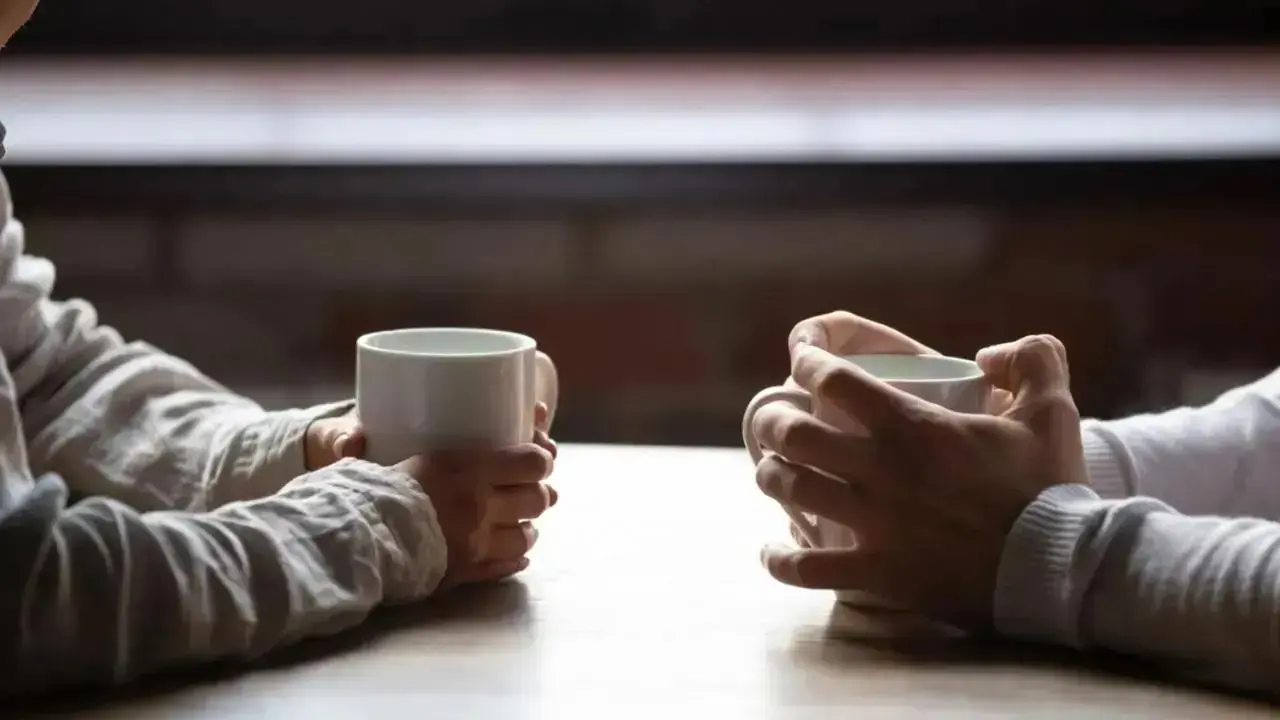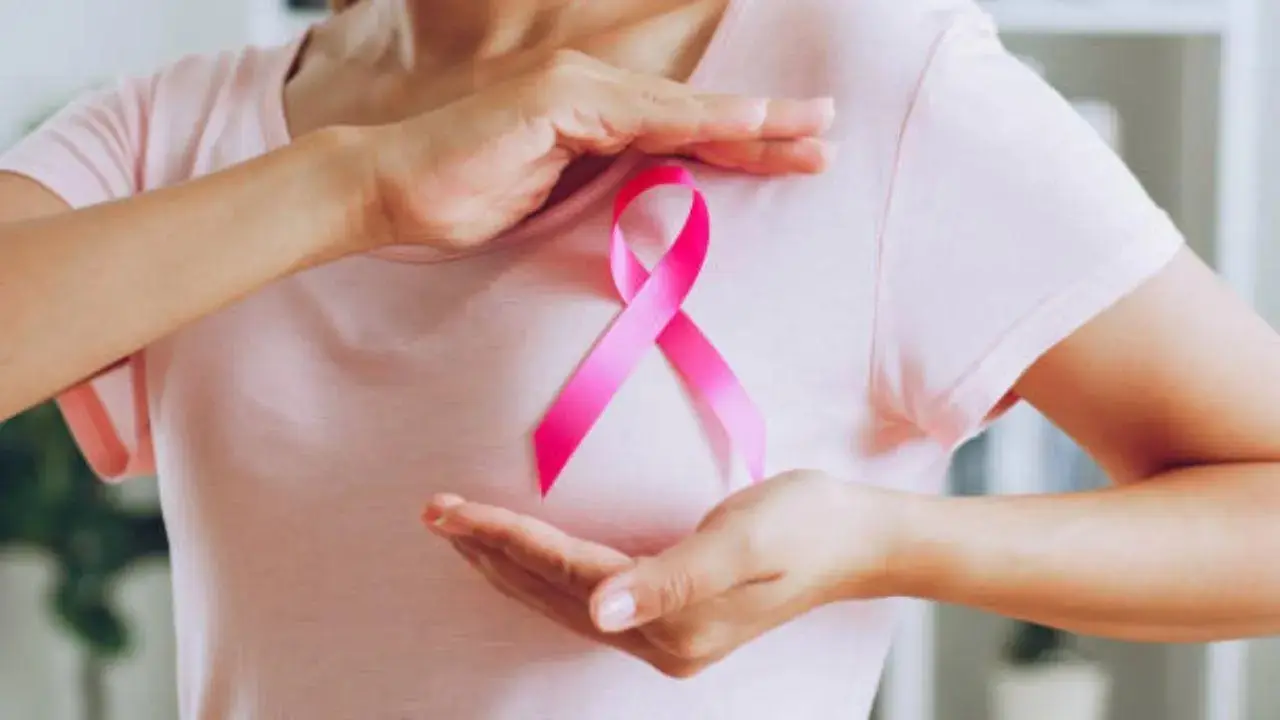Every year, Diwali is a festival that is widely celebrated across India. Known to as the “Festival of Lights”, it brings joy and togetherness but not without its fair share of smoke and noise pollution, which only gets worse for people who are already suffering from related diseases.
In the days following the celebrations, many individuals, particularly between 35-65 years, experience a surge in respiratory problems. Exposure to smoke, dust, and particulate matter from fireworks, combined with seasonal pollution, can exacerbate underlying conditions and lead to new illnesses.
Experts urge people to be aware of warning signs and seek timely medical care to avoid serious complications.
Diwali is indeed exciting, but many people can experience respiratory issues that can be a matter of concern. Post-Diwali pollution impacts respiratory health, especially for those with pre-existing conditions. After Diwali, exposure to smoke, dust, and fine particulate matter from fireworks, along with seasonal air pollution, can irritate the lungs and worsen existing respiratory conditions.
These environmental triggers can also lead to new problems such as asthma flare-ups, bronchitis, or even pneumonia if timely precautions aren’t taken.
Dr Tanvi Bhatt, pulmonologist, Zynova Shalby Hospital in Mumbai says, “We see a sharp rise in cases of asthma flare-ups, COPD exacerbations, bronchitis, and even pneumonia during this period. Asthma causes wheezing and difficulty breathing, COPD leads to long-term airflow obstruction, bronchitis triggers a persistent cough and mucus, and pneumonia is a severe lung infection that can be life-threatening if not treated promptly. Patients should not ignore symptoms such as persistent cough, shortness of breath, chest tightness, or fever, as early intervention can prevent severe complications and improve recovery outcomes. About 40 per cent of people experience respiratory problems after Diwali. Four out of 10 people between 45-55 years come with cough and breathlessness linked to pneumonia, three come with asthma flare-ups, two with bronchitis, and around one with triggered COPD and are advised prompt management.”
Dr Tanvi added, “Limit outdoor exposure during heavy smog or firework days, use N95 masks in high pollution areas, keep windows closed and air purifiers on at home, stay hydrated, and avoid smoking or exposure to secondhand smoke and seek medical help immediately if you experience a persistent cough, fever, or breathing difficulty. Take charge of your respiratory health, prevent pneumonia and other critical issues, and save your lungs.”
“Air pollution after festivals like Diwali may seem unavoidable, but simple precautions can save lives. Around 30 per cent of people experience respiratory problems post-Diwali. Of every 10 patients aged between 45-55 years, three come with cough and breathlessness linked to pneumonia, two with asthma flare-ups, one with bronchitis, and another with triggered COPD, while the rest may suffer from congestion, sore throat, or cold. Families should closely monitor vulnerable members, especially children and the elderly, and seek prompt medical care. Using masks outdoors, staying hydrated, limiting exposure to smoke, and maintaining clean indoor air are simple yet effective steps to protect health and prevent avoidable complications,” concluded Dr Tushar Rane, internal medicine expert at Apollo Spectra in Mumbai.

